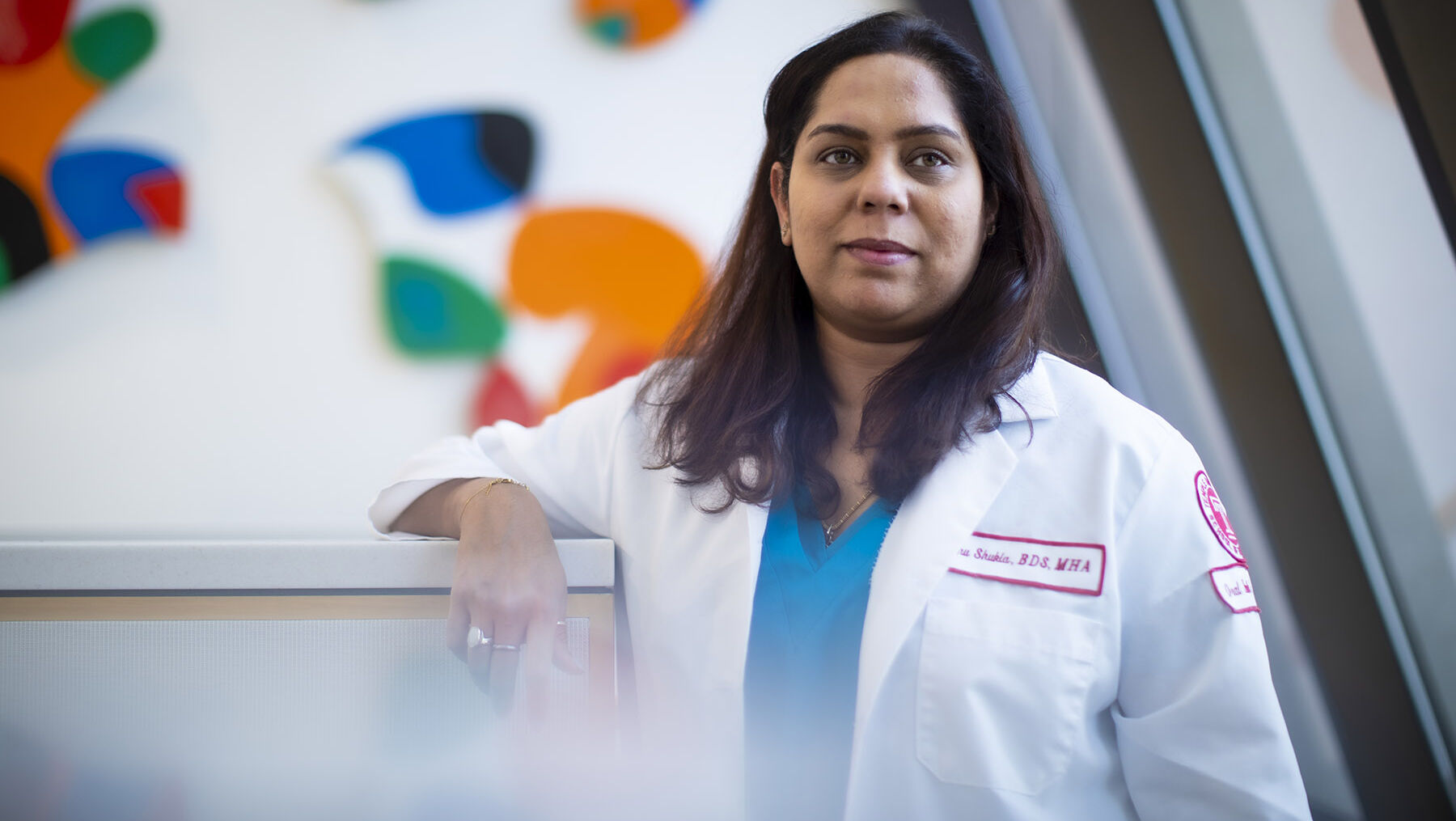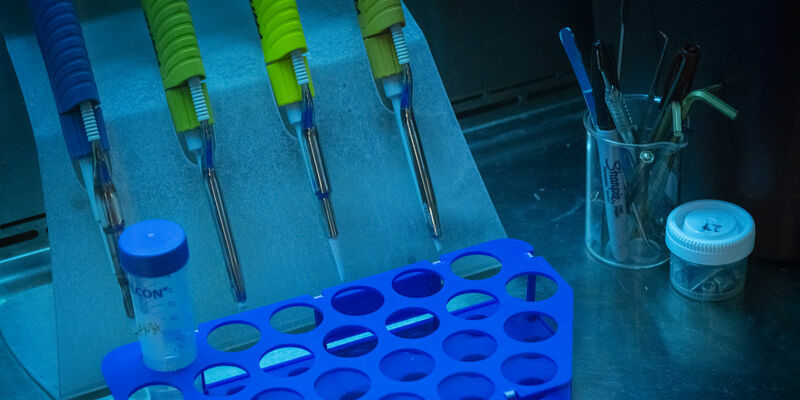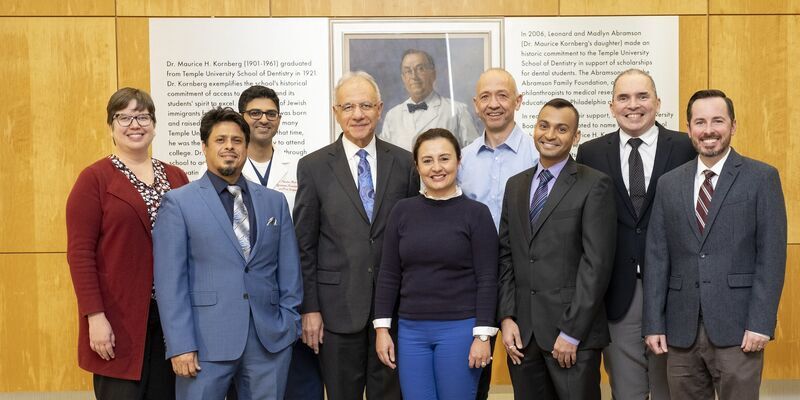Temple professor explains the importance of fluoride for dental health
Anubhuti Shukla, associate professor at the Maurice H. Kornberg School of Dentistry, addresses concerns about water fluoridation

For years, many U.S. communities have added fluoride to public water sources to help prevent tooth decay. Fluoride is a naturally occurring mineral found in air, soil and water at varying levels.
However, amid growing safety concerns, some cities, counties and states are moving to end the practice of water fluoridation. Florida and Utah have banned adding fluoride to public water, and legislation to restrict the practice was introduced in states such as Louisiana, Pennsylvania, Kentucky, Massachusetts, Nebraska and Tennessee.
These efforts come as Health and Human Services Secretary Robert F. Kennedy Jr. has alleged that water fluoridation is associated with various health issues. He seeks to change federal recommendations that support adding fluoride to community water systems.
Anubhuti Shukla is an associate professor with the Temple University Maurice H. Kornberg School of Dentistry who is board certified in dental public health.
Temple Now asked Shukla to address why water fluoridation is important to oral health and why its use is controversial.
Temple Now: Why is water fluoridation being used for dental care?
Anubhuti Shukla: Before a tooth erupts, if a child is exposed to fluoridated water, it helps in building teeth that are stronger and more resistant to decay.
Even after eruption it prevents demineralization, which leads to decay of teeth, by creating something called fluorapatite. Fluorapatite is formed when the enamel, which is a structure on the tooth, is exposed to fluoride and it creates this barrier that prevents the decay of the tooth.
Water fluoridation is a very cost-effective way of preventing decay. When you look at the amount of reach it has, a whole community gets exposed to fluoride, which is a preventative treatment.
Fluoride naturally occurs in water. It’s something that is present in nature. It is being controlled at a certain optimum level, at which it has been shown to be very effective. It’s safe at the amount which varies from 0.7 to 1.2 parts per million.
Temple Now: What is controversial about the use of water fluoridation?
AS: There has been some research associating fluoride use with neurocognitive effects, although there is not enough evidence that links it to water fluoridation. There is some research on a cohort of pregnant women who were exposed to fluoride and the children born had a lower IQ, but there was not enough or consistent research to support that.
It’s also controversial because it’s a consent thing. We don’t ask people before fluoridating their water. The public doesn’t have the choice of not drinking water, so that’s another issue.
TN: What is the potential impact of banning water fluoridation?
AS: A large proportion of the population doesn’t have consistent access to dental care. Fluoridated water is something that could reach people who don’t have access to dental services. If we remove this, what do they have? If they don’t have any access to dental services, they are more prone to dental decay and that progresses into other dental diseases.
This would affect the most vulnerable populations the most. We’ve seen the effects in cities that have banned fluoride use in the past. There has been an exponential increase in decay rates.
TN: What else should people know about fluoride and water fluoridation?
The Association of Pediatric Dentistry, American Dental Association and the American Association of Public Health Dentistry strongly support community water fluoridation.
In a case where there is no water fluoridation in the city, county or state, we encourage people to avail themselves of the resources that are available, such as using fluoride toothpaste, visiting your dentist regularly and getting preventive care every six months.
Also read
The Kornberg School of Dentistry: Under faculty mentorship, students participate in rigorous clinical experience and advanced research efforts in state-of-the-art labs and facilities to meet the demands of the rapidly changing practice of dentistry. Learn more.
Become an Owl: Learn more about applying for one of our undergraduate, graduate or professional programs.


